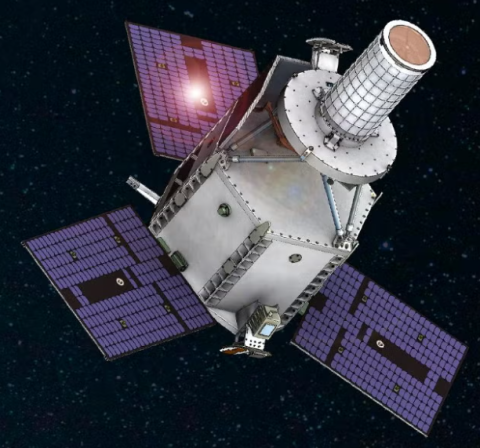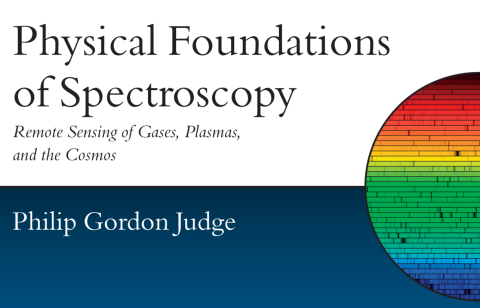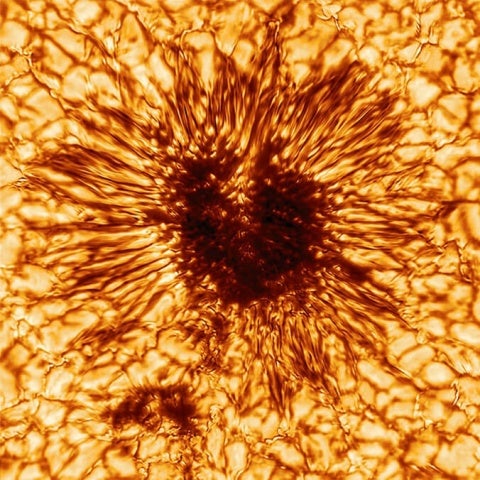News & Events
Upcoming Events
Latest News

HAO Interim Director, Mike Wiltberger
We welcome Dr. Mike Wiltberger as HAO Interim Director. His 22 years at HAO, combined with his scientific expertise and inter‑agency experience at NSF, make him exceptionally well prepared for this leadership role.

NASA selects NSF NCAR Heliophysics Mission for Continued Development
In December 2025, NASA selected the Chromospheric Magnetism Explorer (CMEx) for an extended period of concept development. The $150 million mission would fill a critical solar observational gap, generating information on conditions that lead to solar eruptions, advancing our knowledge of the solar magnetic field, and improving space weather modeling capabilities. It would also be the first Explorer-sized spacecraft mission ever led by NSF NCAR.

July book release: "Physical Foundations of Spectroscopy" by Philip Judge
"Physical foundations of spectroscopy," by Philip Judge, highlights how spectroscopy is firmly anchored in physical foundations, countering modern trends leading to over-specialization. Published by Oxford University Press as a text in their master series in particle physics, astrophysics and cosmology.

New AI Based Methods for 3D Reconstruction of the Solar Photosphere
In a collaborative effort researchers at the University of Hawaii Institute for Astronomy (IfA), the NSF funded National Solar Observatory and NSF NCAR’s High Altitude Observatory developed a new artificial intelligence based method to reconstruct the magnetic field in the solar atmosphere.